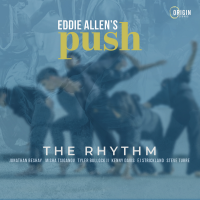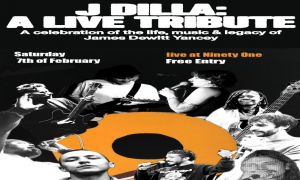I was inspired recently by a post from John Gruber about avoiding the distraction of 800 pound gorillas. Mr. Gruber's post made me realize that, for years, I've been trying to get people to stop worrying about 800 pound gorillas with respect to the music industry.
Specifically, the majors are the 800 pound gorillas for 99.999% of people in the music business. They create distraction, false expectations/hopes, and cause people to generate “strategy" that is predicated on a logical fallacy. The artist thinks, “Artists get signed to major labels. I'm an artist. Therefore I will get signed to a major label." The artist ends up engaging in a bunch of random acts of improvement because they think - based on their logical fallacy predicated on the 800 pound gorilla - that their actions will lead them to their manifest destiny.
Of course, this doesn't happen. The artist then determines that her music just isn't good enough. This may or may not be true; the music was never the issue. The issue was that the 800 pound gorilla led them on a quixotic progression of meaningless acts in search of something that isn't there.
Had they removed the gorilla from their minds and instead focused on developing a plan that would allow them to monetize their passions and create art on their own terms (over the long term), they might (sure as heck are no guarantees) have been able to attain that goal. Certainly, their odds would have been better.
Here's the thing. It's not just the majors who are 800 pound gorillas in the minds of people in the music business. Nope. It's radio (any format above non-com AAA), it's print media, it's MySpace. These are all 800 pound gorillas that really have no bearing on your success as an artist.
To be clear, radio, print media, and MySpace are not inherently bad (well, they sort of are...or at least inherently lame, and that's bad), and they can (conceivably) have a place in an artist's career. However, their places are subservient to other things.
What things? Things like creating real emotional connections with your constituents in a face-to-face (non virtual) manner and then leveraging the tech to accelerate this (see “The Straddle" related posts).
Things like viewing records as a tool set; a set of social objects that your constituents can use to develop and spread the Tribe.
Anyway, leave it to Mr. Gruber to perfectly and succinctly articulate what I've been wrestling with for quite some time now.



























